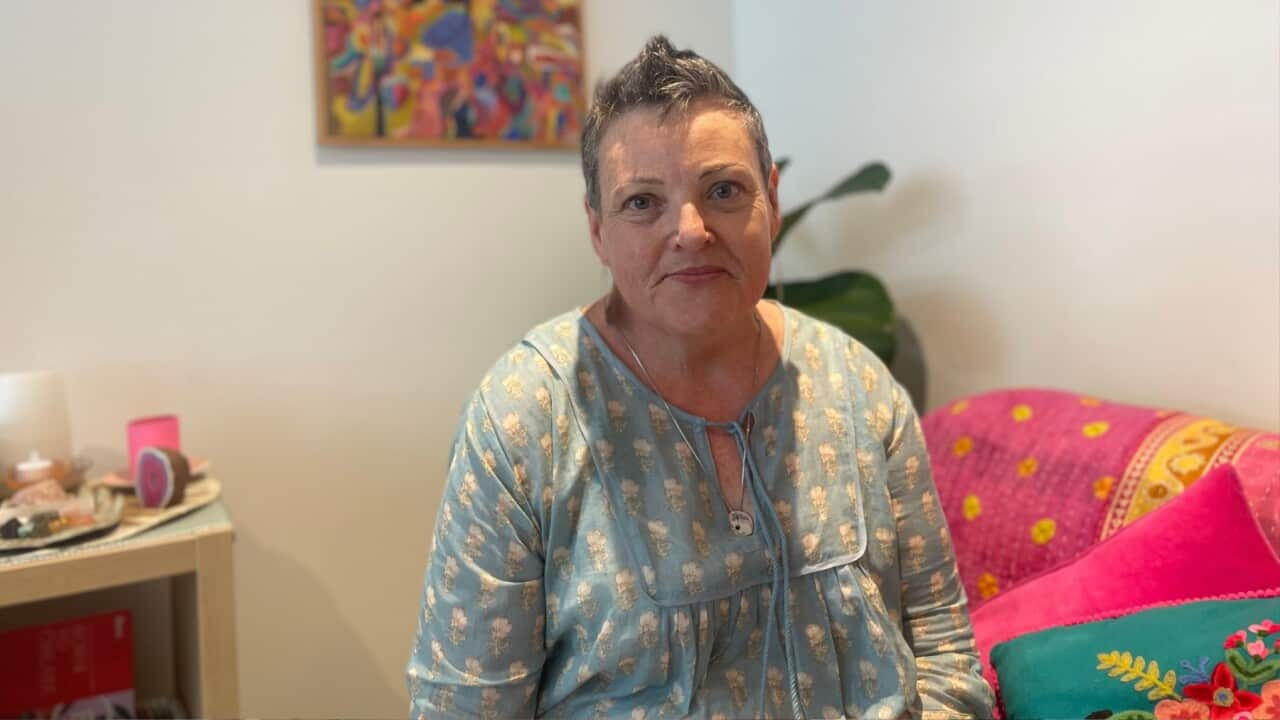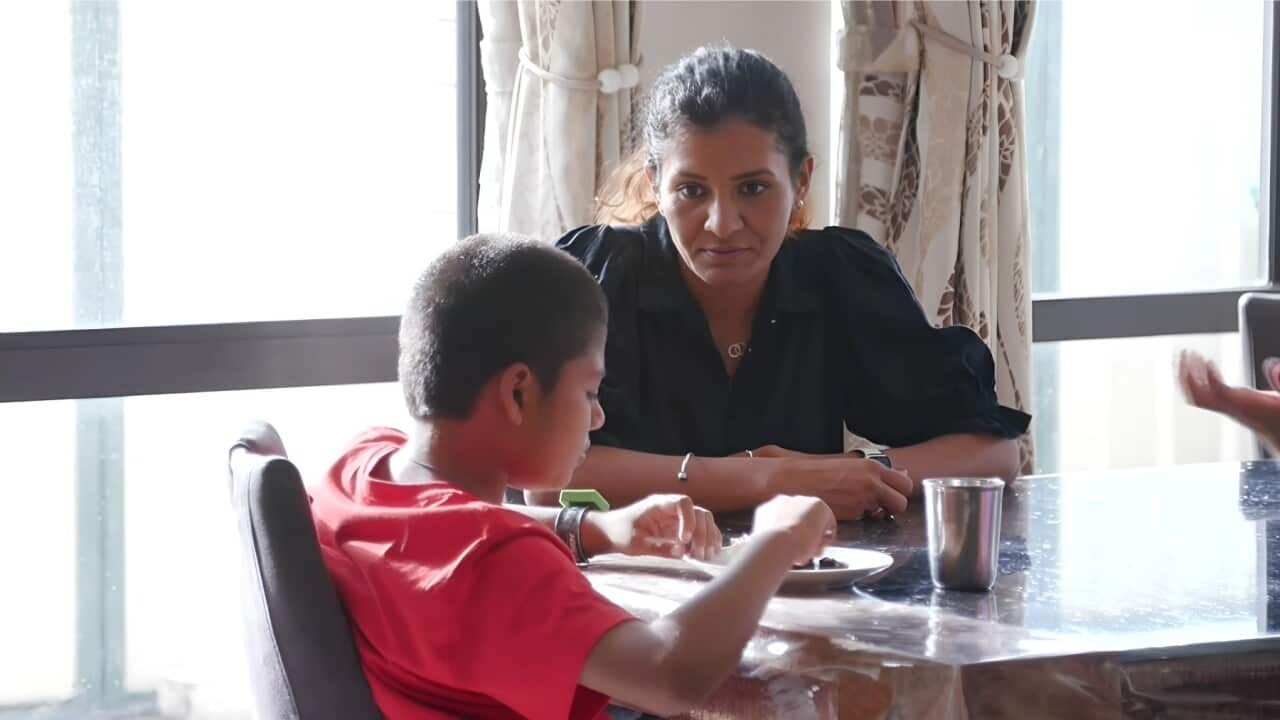TRANSCRIPT
The rise in cost of living pressures is having a negative impact on many aspects of people's daily lives. But it seems none has been more heavily affected than the health sector.
For many patients suffering from chronic illnesses, the rapidly increasing financial pressures are making it difficult for them to focus on getting the treatment they need.
Jenny Nixon is a blood cancer patient from Dubbo, in central New South Wales, who lives temporarily in Sydney.
She says she's been forced to cut down on many of her expenses.
"I can't spend any unnecessary money, I need to just watch what I do and what I've got just so that I can keep myself afloat."
Ms Nixon is just one of many people struggling to financially balance her illness with her other obligations.
There are others who find that balance too difficult to maintain. That struggle may lead to decisions which could negatively affect their health.
Dr Anita Munoz, Chair of the Royal Australian College of General Practitioners in Victoria, explains.
"So there's some very serious effects on people at the moment with the rising cost of living. We do know that there are members of the community that are actively avoiding seeking medical care because of fear of out-of-pocket costs. We also know that that can go as far as people not purchasing medication that they need for their healthcare because they can't meet the costs of living: of paying for rent, of paying for their utilities and all of their food. So, in some instances, we know that people go without, not only medical care, but medicines themselves."
Dr Munoz says this situation is also having an adverse effect on the economy.
"Now that's having a big effect on the community and on the health system because we've got sicker people needing more expensive care. We've got sicker people who are not able to work as well, or go to school, or study and learn. And all of this really is not a situation that is acceptable in a 'first-world' country like Australia where we have the right to universal health care and the right to be healthy."
One of the biggest hits on the pockets of Australian patients has been the introduction of the payroll tax on general practitioners. This essentially forces patients to pay out of their own pocket for a single consultation, rather than be able to use bulk-billing.
Dr Munoz says it all has to do with a change by the federal government in the interpretation of doctor's services.
"Up until two years ago, general practitioners were not part of the payroll tax system of general practice. It's very important to note that general practice does pay payroll tax but only on its employees, which include nurses, doctors in training and administration staff. But there has been a change in the interpretation of this law in the last two years where we are suddenly having audits being undertaken and a sudden new determination that tenant doctors are employees and therefore payroll tax should be collected on the work that they do."
According to the Leukaemia Foundation, blood cancer is one of the most costly cancers to treat, with the average out-of-pocket cost ranging from $5,000 to $10,000.
Comparatively, the out-of-pocket cost for treatment of other type of cancer patients goes as high as $2,500, the Leukaemia Foundation says.
Leukaemia Foundation CEO Chris Tanti says they've seen a significant increase in the number of people who need their support.
"Well, we know that we're supporting people who if they were not getting our support, they would not be going to treatment. We provide accommodation services for people living in regional, rural and remote Australia and those services are free of charge and people often stay with us for a very long period of time, up to 18 months. And it's free. So, if they were having to relocate to the city to get that sort of treatment, they would be out of pocket, considerably out of pocket.”
People with blood cancer are forced to stay out of work for long periods of time in order to receive treatment.
Data from the Leukaemia Foundation shows 42 per cent of patients take at least three months off, with 30 per cent being forced to leave their jobs and 50 per cent left unable to return to work.
Ms Nixon is one of those patients. She says she will need to stay out of work for an extended period.
"I have a two-year recovery so, I had my transplant on the 13th of June this year. So, I've got another 20 months where I'll probably be able to work again."
Mr Tanti says the Leukaemia Foundation has a new plan to help support the patients who are struggling to cover the costs of their treatments."So we've launched a program called 'The Giving Cell', which is essentially a way of people providing regular support to the organisation to fund some of the things that we do on a regular basis. So, we know it's difficult for people with the cost-of-living pressure but for small amounts, to be deducted from people's paycheck on a fortnightly basis, it's sort of minimal impact on them financially but a huge impact for the community."
The R-A-C-G-P's Dr Munoz says the health system needs to be restructured in such a way that will ensure that vulnerable people are protected.
"It's vital that the way that we fund health ensures that sick and vulnerable and disadvantaged people are able to get their healthcare met. Because without getting their healthcare met, they can't participate in work and study and in life in general."













